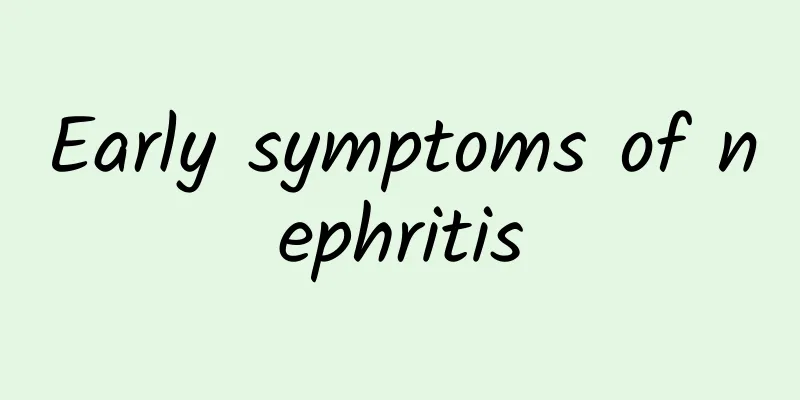Can Guipi Pills cure bad breath?

|
Guipi Pills are a relatively common Chinese patent medicine. They are very effective in regulating the stomach and intestines and regulating the spleen and stomach. They can also achieve certain therapeutic effects on bad breath caused by spleen and stomach disharmony and indigestion. We know that bad breath is caused by gastrointestinal reasons. For this kind of bad breath, we must grasp the most fundamental cause so that we can thoroughly treat the bad breath. Effects of Guipi Pills Guipi Pills is a Chinese patent medicine whose components are Codonopsis pilosula, Atractylodes macrocephala (fried), roasted Astragalus membranaceus, Poria cocos, Polygala tenuifolia (processed), Ziziphus jujuba seeds (fried), longan pulp, Angelica sinensis, Costusroot lappa, jujube (pitted), and roasted Licorice. These ingredients have their own different effects. For example, Codonopsis pilosula can tonify the middle and replenish qi, strengthen the spleen and lungs; Astragalus membranaceus has the effects of replenishing qi, consolidating the exterior, promoting diuresis and reducing swelling; Poria cocos is a good medicine for draining dampness and promoting diuresis, strengthening the spleen and stomach, and calming the mind and tranquilizing the nerves; Atractylodes macrocephala has the effects of strengthening the spleen and replenishing qi, drying dampness and promoting diuresis, and stopping sweating. When these medicinal materials are used in combination, the effects of strengthening the spleen and replenishing qi, replenishing blood and tranquilizing the nerves are better. Guipi Pills are suitable for treating physical deficiency, neurasthenia, shortness of breath, palpitations, limb fatigue, spleen deficiency diarrhea, organ dysfunction, and severe anemia caused by deficiency of both heart and spleen. However, as a commonly used medicine, in addition to its efficacy, it also has side effects. For example, taking too much can easily lead to getting inflamed, and long-term consumption can increase the burden on the liver. Therefore, it cannot be taken casually. It should be taken strictly according to the dosage in the instructions, or used under the guidance of a doctor. Causes of Bad Breath 1. Oral diseases: People with oral diseases such as caries, gingivitis, periodontitis, oral mucositis, tooth decay, and periodontal disease are prone to the growth of bacteria in their mouths, especially anaerobic bacteria, which decompose to produce sulfides, emit a corrupt smell, and cause bad breath. 2. Gastrointestinal diseases, such as peptic ulcer, chronic gastritis, functional dyspepsia, etc., may be accompanied by bad breath. Recently, we have also found that people infected with Helicobacter pylori, which causes many gastric diseases, have a significantly higher incidence of bad breath than those who are not infected; and after the eradication of Helicobacter pylori, the symptoms of bad breath are significantly alleviated. The reason may be that Helicobacter pylori infection directly produces sulfides, causing bad breath. 3. People who smoke, drink alcohol, drink coffee, and often eat spicy foods such as onions, garlic, leeks, etc.; people who are addicted to stinky foods such as stinky tofu and stinky eggs are also prone to bad breath. 4. Dieting to lose weight or being unable to eat due to illness, or the reduced salivary gland function of the elderly, or endocrine disorders in women during menstruation lead to reduced saliva secretion, which is conducive to the growth of anaerobic bacteria and thus causes bad breath. 5. Bad breath in teenage girls: Some girls in puberty have ovarian insufficiency and low sex hormone levels; the resistance of oral tissue decreases, making it easy to be infected by bacteria and produce bad breath. 6. Drugs that can reduce saliva secretion, such as certain sedatives, antihypertensive drugs, atropine-type drugs, diuretics, and traditional Chinese medicines with warming and tonic effects. 7. Patients with diabetic ketoacidosis, hepatic coma, and some respiratory diseases such as bronchitis, bronchiectasis, sinusitis, pharyngitis, tonsillitis, lung cysts, etc. may also cause bad breath. 8. Long-term constipation can cause harmful substances produced in the body to fail to be excreted in time and be absorbed into the blood, causing bad breath, abdominal distension, loss of appetite, irritability and other symptoms of self-poisoning. |
<<: What causes bad breath to smell like rotten eggs?
>>: Does brushing your teeth with hot water cause bad breath?
Recommend
What causes appendicitis?
I believe everyone has heard of appendicitis! The...
Cervical stretching exercises
Proper cervical stretching exercises can effectiv...
How to treat mumps
Mumps is actually an acute respiratory infectious...
What are the effects of Isatis indigo leaf
Many people have not heard of this medicine, but ...
Will overusing your brain cause hair loss?
There are many people, especially male friends, w...
Symptoms of residual gastritis
Gastroenteritis is a relatively common gastrointe...
How to eat dried Cynomorium songaricum
Speaking of Cynomorium songaricum, I believe many...
What to do if you feel nauseous and want to vomit after taking medicine
Some drugs are very irritating, and patients will...
How to remedy if pregnant women eat preserved eggs
For pregnant women, try not to eat preserved eggs...
What is the best material for filling a tooth cavity?
If your teeth are loose or there is a hole after ...
The difference between Yin deficiency and Yang deficiency
According to traditional Chinese medicine, everyt...
How to restore loose eyelids
Sagging eyelids are quite common in our daily lif...
What Chinese medicine should I take for kidney qi deficiency?
Kidneys are one of the most important organs in o...
Why does the knee make a sound when squatting?
We often squat and stand up. If you find that the...
Can gonorrhea cause cervical erosion?
Cervical erosion is actually a type of cervicitis...









